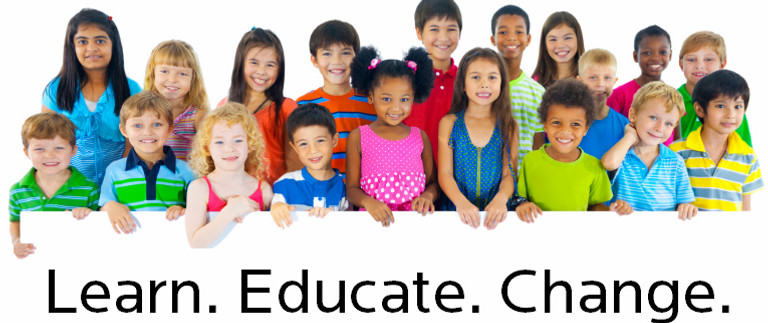Motivated - United - Validated - Empowered

MISSION
There is a quality of life problem affecting the human race. If we do not act to address childhood obesity, this is the first generation in the history of the human race whose children will grow up less healthy than their parents. Our kids need to be eating healthier food. We need to help our schools and grocery stores offer better options. School violence is on the rise. There is a massive problem in the U.S. school system between kids being bullied at school and cyber-bullying. We need to create safer environments for students to learn and grow.
It is important that we provide students, educators, employers, employees and citizens with diversity training to better equip them to compete in a globally diverse economy. South Carolina with its enormous automotive and aircraft manufacturing facilities is a model of racial openness and cultural tolerance. South Carolina is becoming a shining, brilliant example of what America can be and what humans can be working together.
LIST OF ISSUES
Early Childhood Education
According to the national Kids Count 2013 survey, South Carolina children ranked 45th out of 50 in overall wellness. A quarter of our children live in poverty. A third of our third graders can’t meet minimum math standards. Just a quarter of fourth graders read “proficiently.”
We know that education is the key to lifetime success, and that the key to education is early childhood development. Parents and schools need to know in advance of a child’s entry into first grade, whether he or she is equipped with the skills required to succeed in school. If a child is found to be lacking in the necessary skills for school, teachers can ensure that the child receives individualized instruction in the areas in which he or she is deficient.
Parents must be actively involved in the healthy development of their children by reading to them daily, ensuring regular health check-ups, promoting physical activity and healthy social interactions, and providing good nutrition. But there is something all of us can do to promote high quality early childhood development through education.
Childhood Obesity
Childhood obesity is a serious problem in the United States. Approximately 17% (or 12.7 million) of children and adolescents aged 2—19 years are obese. According to Center of Disease Control and Prevention 8.4% of 2- to 5-year-olds had obesity compared with 17.7% of 6- to 11-year-olds and 20.5% of 12- to 19-year-olds.
Statistics show that 89% of children who are overweight or obese will become obese adults. Overweight children face premature heart attacks and strokes.
South Carolina has had the highest rate of stroke deaths in the nation for 50 years. Because of this we have been given the unfortunate distinction of being in "the buckle of the stroke belt.
To reverse the obesity epidemic, community efforts should focus on supporting healthy eating and active living in a variety of settings. Improving the Early Care and Education (ECE) environment of child care and early education facilities may directly impact what children consume and how active they are, as well as help them develop a foundation of healthy habits for life.
Diversity
Our Nation and State are experiencing a growth in cultural diversity. Cultural diversity is important because our country, workplaces, and schools increasingly consist of various cultural, racial, and ethnic groups. Cultural diversity helps us recognize and respect “ways of being” that are not necessarily our own.
Diversity training should not start in the workplace, but also in our schools because this is the best way to ensure students understand how they can learn and be better prepared for a global and diverse workforce. Diversity makes our country and state a more interesting place to live, as people from diverse cultures contribute language skills, new ways of thinking, new knowledge, and different experiences.
Communities that embrace diversity and provide training and actively promote effective diversity courses have a distinct competitive advantage in attracting corporations and businesses to their city. This means tax dollars for our city and employment for residents.
Governor Haley encourages all South Carolinians to “work together to foster compassion and appreciation for the different faiths, beliefs and cultures in the Palmetto State.”
School Safety
Our schools should be safe havens for teaching and learning free of crime and violence. More students experienced incidents of theft and violence at school than away from school, but students aren't the only ones experiencing violence in schools. Teachers reported being threatened with injury or said they were physically attacked by a student.
Today's misbehaviors include physical and verbal violence, incivility, and in some schools, drugs, robbery, assault, and murder. The result is that many teachers spend an inordinate amount of time and energy managing classroom conflicts, which take away from their lesson plan, and add a tremendous amount of stress.
Schools regularly identify the potential of well-behaved students who are ready to learn. They are also challenged to identify the potential of not well-behaved students who are not ready to learn. Violence prevention programs alone are not enough.
Students also need to learn how to manage conflicts constructively. Training students in conflict resolution not only helps schools become orderly and peaceful places in which high-quality education can take place but also improves instruction.